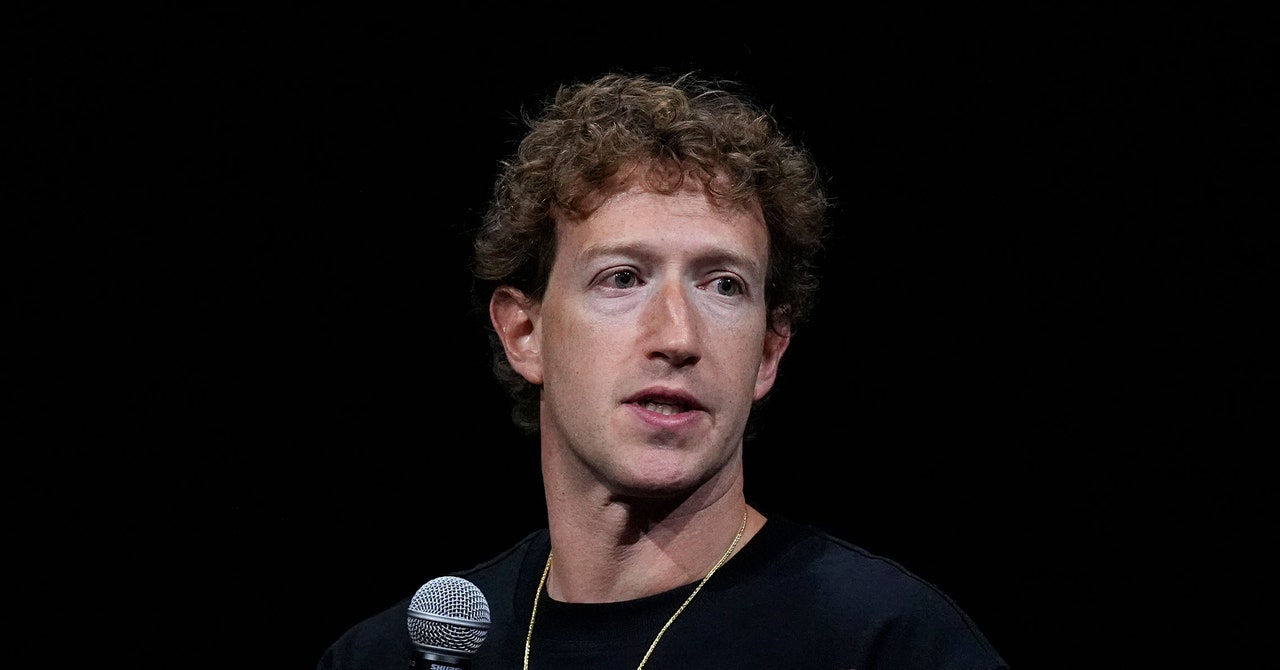- cross-posted to:
- technology@lemmy.world
- cross-posted to:
- technology@lemmy.world
Meta announced a series of major updates to its content moderation policies today, including ending its fact-checking partnerships and “getting rid” of restrictions on speech about “topics like immigration, gender identity and gender” that the company describes as frequent subjects of political discourse and debate. “It’s not right that things can be said on TV or the floor of Congress, but not on our platforms,” Meta’s newly appointed chief global affairs officer, Joel Kaplan, wrote in a blog post outlining the changes.
In an accompanying video, Meta CEO Mark Zuckerberg described the company’s current rules in these areas as “just out of touch with mainstream discourse.”
In tandem with this announcement, the company made a number of updates across its Community Guidelines, an extensive set of rules that outline what kinds of content are prohibited on Meta’s platforms, including Instagram, Threads, and Facebook. Some of the most striking changes were made to Meta’s “Hateful Conduct” policy, which covers discussions on immigration and gender.
In a notable shift, the company now says it allows “allegations of mental illness or abnormality when based on gender or sexual orientation, given political and religious discourse about transgenderism and homosexuality and common non-serious usage of words like ‘weird.’”
In other words, Meta now appears to permit users to accuse transgender or gay people of being mentally ill because of their gender expression and sexual orientation. The company did not respond to requests for clarification on the policy.



Comparing Facebook to a Nazi bar is ridiculous.
Facebook, just like all social media companies, has continually used the overton window as its standard for acceptable content. When political leanings shift, the way the company polices content on its platform, chooses what topics to boost or bury, and decides what topics to promote as part of its corporate culture changes.
It is by its very nature the thing that maximizes the political acceptableness of content for advertisers to appear next to. Most people joined Facebook when the political climate was nowhere near as right-wing as it is now, so it’s not like they walked in, saw a sign that said “We’re Nazis” and went “okay, this is fine.”
The fact they’re changing their hateful conduct policy now is what’s turning them into the Nazi bar, they weren’t always that way. (and yes, I’m aware Facebook and Zuck did tons of horrible shit in the past, but as a platform it wasn’t anywhere near the level of terrible it will be now, nor did it have anywhere near Nazi levels of political leanings)
And not to mention how the network effect kind of changes this from “Nazi Bar” to “Nazi City” because it has a much more difficult process to escape due to it quite literally holding you and all your friends, family, photos, and videos hostage. There’s less of a choice when it comes to leaving platforms that ensnare you with network effects than there is to simply leave a bar.